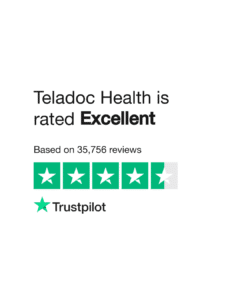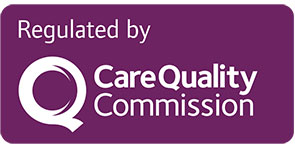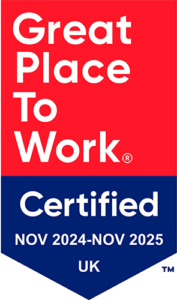Businesses and consumers both want not only high-quality service but also seamless and efficient experiences. Whether it’s healthcare, customer service, or any other sector, Service Level Agreements (SLAs) are essential tools for ensuring that businesses meet or exceeds these expectations. SLAs act as a commitment to customers that their needs will be addressed with urgency, transparency, and consistency. Below are elements we include and benchmark when devising Teladoc Health UK’s SLAs so we can continuously deliver great user support and satisfaction.
1. Ensuring Timely Access to Care
One of the cornerstones of a strong customer service experience is the speed with which customers can access assistance. For example, in healthcare settings, the ability to quickly speak with a clinician can be crucial to a patient’s wellbeing.
SLAs should specify response times to speak with a clinician so customers are not left waiting, which minimises frustration and enhances the overall experience. By providing timely access to care, businesses not only improve customer satisfaction but also build trust and loyalty with their clients.
2. 24/7 Customer Service Support: Always There When You Need It
People’s needs don’t adhere to a typical 9-to-5 schedule. Whether a patient is experiencing an issue at midnight or during the weekend, connecting them to support is essential. SLAs that guarantee round the clock customer service support means there is always someone there to assist their customers, no matter the time of day. This helps foster a sense of security and the ability to address concerns before they escalate for everyone’s peace of mind.
3. Measuring Success with Net Promoter Score (NPS)
Understanding how customers feel about the service they receive is key to improving and evolving a business. The Net Promoter Score (NPS) is an invaluable metric that measures customer satisfaction and loyalty by asking how likely customers are to recommend a business to others. By including NPS in SLAs, companies can capture valuable feedback from their clients. A strong NPS reflects a commitment to providing excellent service, which in turn drives customer retention and attracts new business. An NPS score above 0 is good, above 20 is great, above 50 is amazing and above 70 is excellent. Here at Teladoc Health our NPS score is currently (at time of writing) an incredible 77, really demonstrating the quality of our service and levels of customers satisfaction and loyalty.
4. Minimising Disruptions with Cancellation Rate Monitoring
Customer experience isn’t only about what happens during interactions—it also involves maintaining consistency and minimising disruptions. Cancellation rates are a critical metric for monitoring how often scheduled appointments or services are cancelled. High numbers can lead to frustration, service delays, and disrupted care, ultimately impacting the overall customer experience. By closely monitoring and addressing cancellation rates, businesses can proactively reduce disruptions, ensuring that customers receive a seamless experience.
5. Continuous Improvement
Robust SLAs don’t just set expectations; they also provide the framework for continuous improvement. By establishing clear benchmarks for performance—such as response times, customer support availability, NPS targets, and cancellation management—SLAs provide companies with a system for monitoring progress and identifying areas for enhancement. A strong SLA structure encourages businesses to constantly evaluate and refine their practices, ensuring that they can exceed customer expectations consistently.
Conclusion
In summary, the SLAs that businesses implement are not just a set of guidelines but a reflection of their commitment to always delivering exceptional service. By measuring and ensuring key performance areas as outlined above, businesses can create an environment where customers feel valued, and their needs are consistently met. SLAs provide the transparency, responsiveness, and accountability necessary to build trust, improve service quality, and maintain high levels of customer satisfaction. As customer expectations continue to rise, a robust SLA framework is more crucial than ever in ensuring that businesses stay ahead of the curve and deliver the exceptional service that customers want and deserve.









